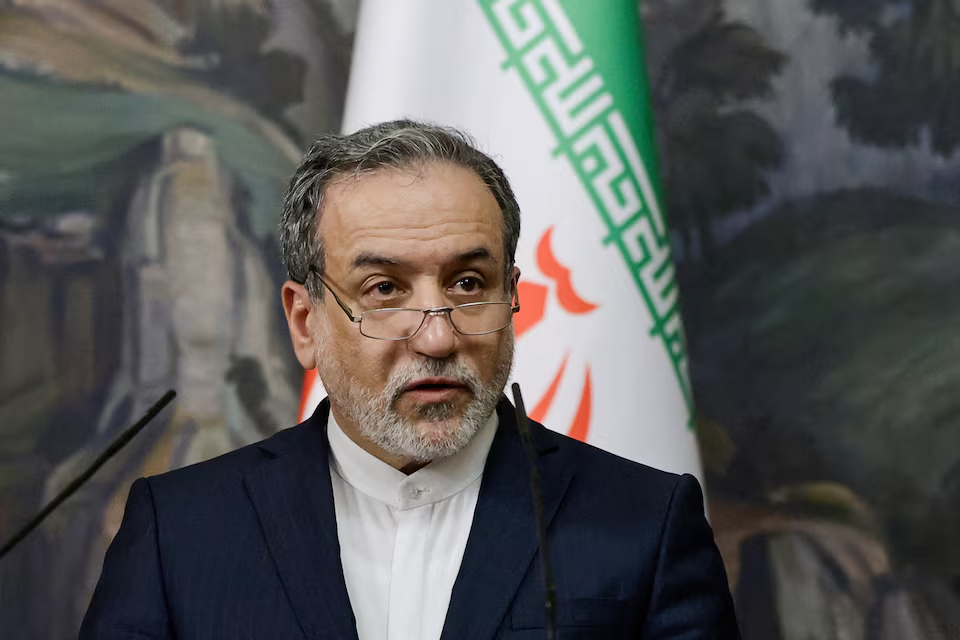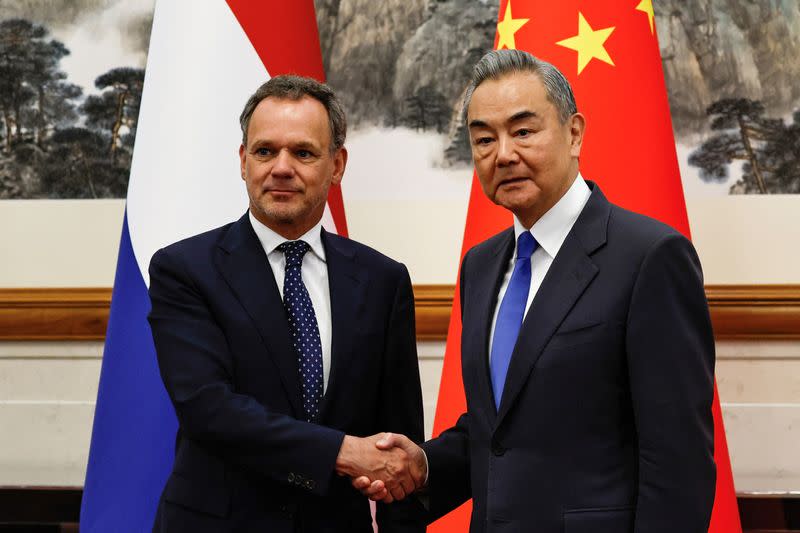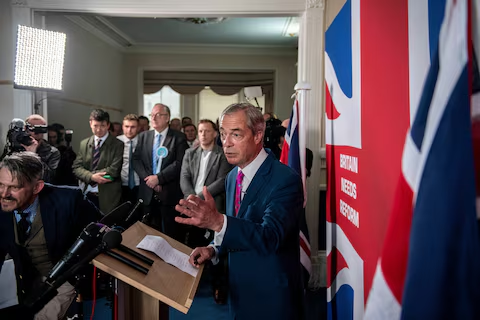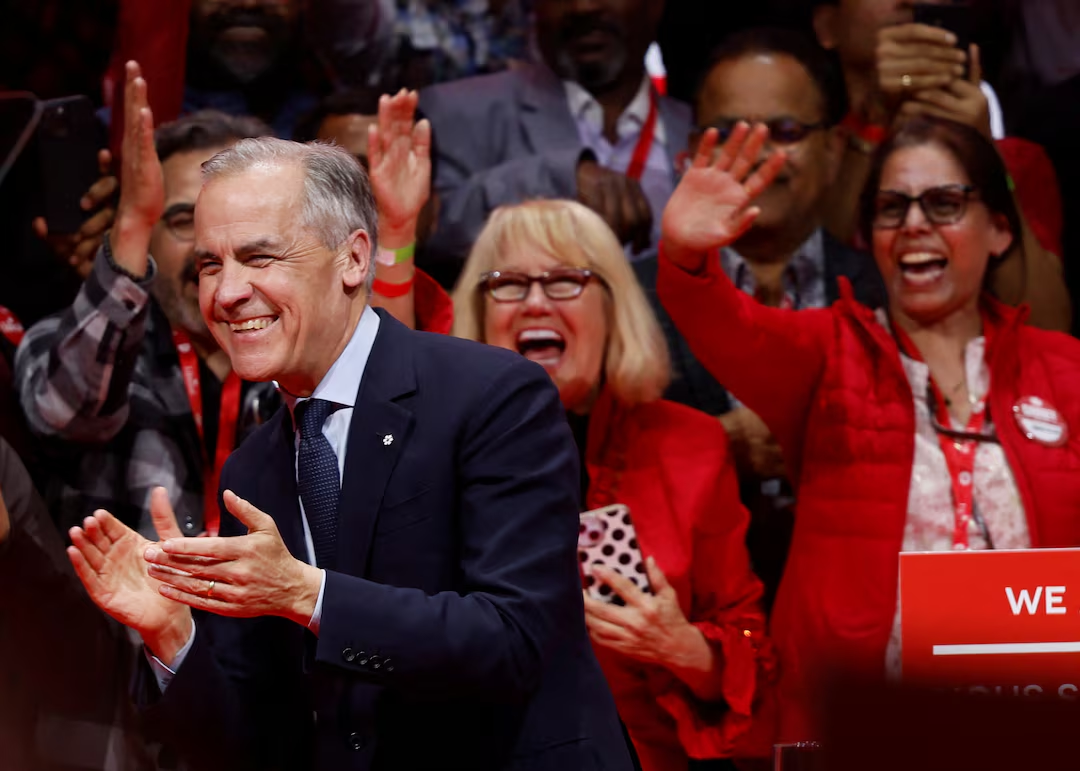On May 10, 2025, Iranian Foreign Minister Abbas Araqchi declared that Iran would not relinquish its nuclear rights under any circumstances. Speaking in Doha ahead of upcoming nuclear discussions with the United States in Oman, Araqchi emphasized Tehran’s unwavering stance. He responded firmly to any intentions by the U.S. to curb Iran’s nuclear capabilities, making clear that Iran considers its nuclear development a sovereign right.
The forthcoming talks in Oman represent the fourth round of negotiations between Iran and the United States, aiming to address long-standing tensions over Iran’s nuclear program. These discussions were initially scheduled for May 3 in Rome but were postponed due to logistical reasons. The talks are set to resume on Sunday, with both sides expressing cautious optimism.
In preparation for the talks, Araqchi plans to visit Qatar and Saudi Arabia to engage in continuous regional consultations. These diplomatic efforts underscore Iran’s commitment to maintaining open channels with neighboring countries amid heightened tensions.
The United States, under President Donald Trump, has taken a firm stance on Iran’s nuclear ambitions. Trump has previously threatened military action if a new agreement isn’t reached, emphasizing that Iran must not develop nuclear weapons. This approach has raised concerns among international observers about the potential for escalation.
Iran’s position remains that its nuclear program is intended for peaceful purposes, such as energy production and medical research. However, Western countries argue that Iran’s activities are aimed at developing nuclear weapons. This fundamental disagreement continues to be a significant hurdle in the negotiations.
The international community is closely monitoring the situation, with hopes that the upcoming talks will lead to a de-escalation of tensions and a mutually agreeable resolution. The outcome of these negotiations could have far-reaching implications for regional stability and global non-proliferation efforts.
As the talks approach, both sides face pressure to demonstrate flexibility and a willingness to compromise. The success of the negotiations will depend on the ability of the United States and Iran to bridge their differences and establish a framework that ensures Iran’s nuclear program remains peaceful while addressing the concerns of the international community.
In the meantime, Iran’s steadfast commitment to its nuclear rights and the United States’ insistence on preventing nuclear weapon development highlight the complexities involved in reaching a comprehensive agreement. The coming days will be critical in determining the direction of U.S.-Iran relations and the broader geopolitical landscape.
Source: Reuters



